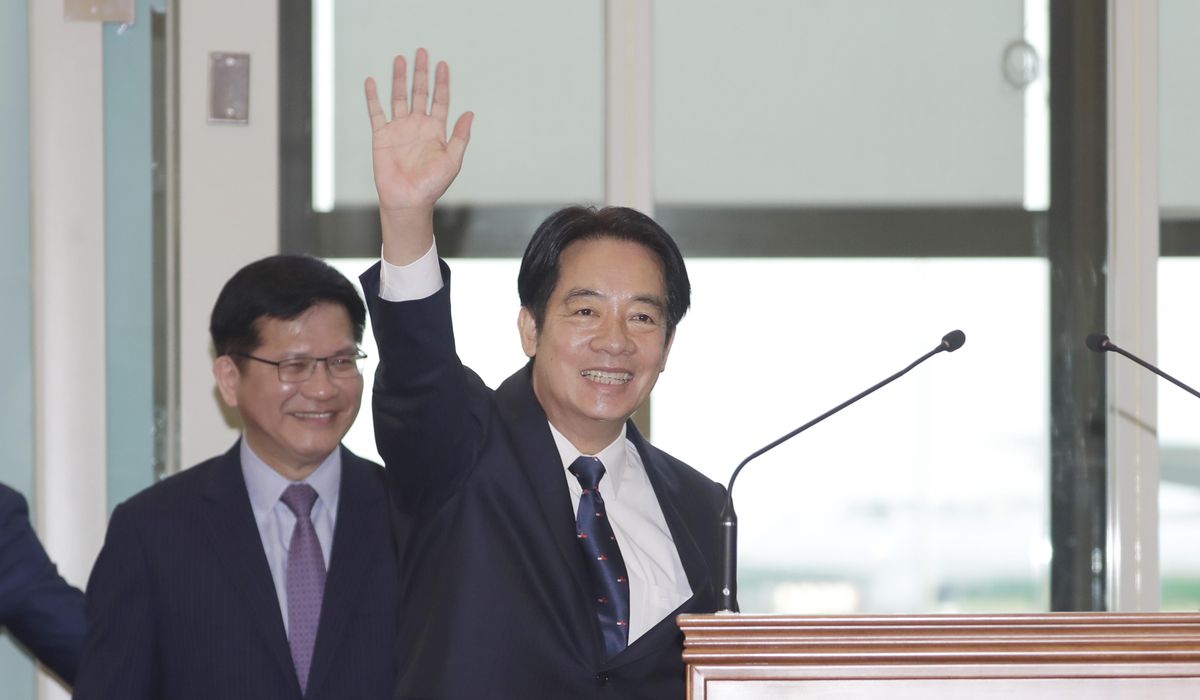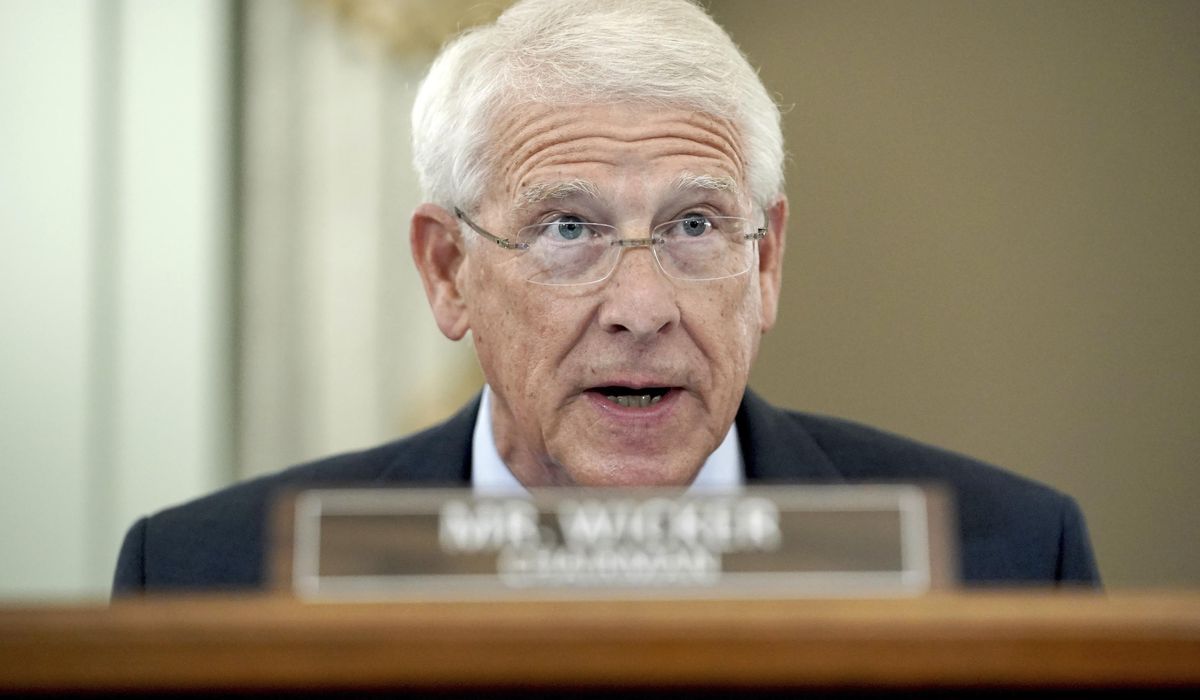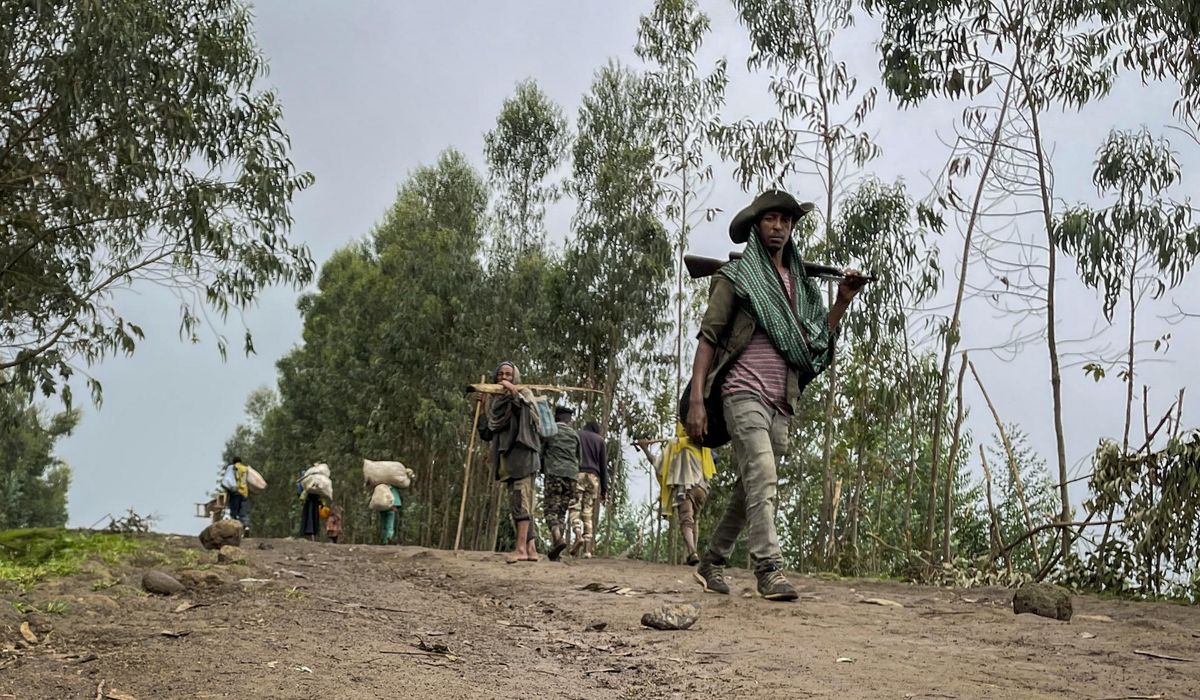
SEOUL, South Korea – Two Taiwanese opposition parties that aimed to challenge the ruling Democratic Progressive Party have failed to form an alliance.
Voters in Taiwan, a crucial player in the global high-tech supply chain and a country that is constantly under the shadow of China, will head to the polls on January 13th to elect their next president. The incumbent president, Tsai Ing-wen of the DPP, who is concluding her second term, is ineligible to run for a third term due to constitutional limitations.
The DPP’s presidential candidate, Lai Ching-te, commonly known as William Lai, holds the lead in recent polls with approximately 32% of the votes. He is known for his strong stance against China.
The two opposition parties, which are considered to be more accommodating towards Beijing, are trailing behind Lai, with each of their candidates polling at around 22%. This indicates a potential victory for Lai unless the opposition parties join forces.
On Wednesday, an initiative was announced in which Hou Yu-ih of the main opposition Kuomintang (KMT) and Ko Wen-je of the Taiwan People’s Party (TPP) agreed to a joint campaign. However, the two leaders were unable to agree on polling methodologies to select a presidential candidate during their meeting on Saturday, as reported by Taiwan News.
The hopeful candidates must register their candidacies by November 24th, giving Mr. Ko and Mr. Hou a six-day window to find a compromise.
U.S. Support for Taiwan, Internal Divisions
Taiwan’s significance in U.S. Indo-Pacific strategy and concerns about Chinese attempts to take over the democratic island have remained prominent issues. The U.S. and its allies have been working to establish defenses in the northern Philippines and Japan’s southern islands to prevent China’s potential blockade or encirclement of Taiwan.
Economically, Taiwan plays a critical role in the global supply chain for advanced semiconductors, which have been identified by Washington as a key component in maintaining a technological advantage over China.
Despite bipartisan support for a tough stance against China in Washington, divisions persist within Taiwan. Lai’s support primarily comes from the more radical wing of the DPP, which advocates for a strong approach to Taiwan’s self-determination and national sovereignty. On the other hand, the KMT’s Hou has criticized Lai for his stance, while TPP’s Mr. Ko is viewed as more moderate and has proposed building a bridge between one of Taiwan’s outlying islands and the nearby Chinese mainland.
Domestically, voters are focused on a range of issues, including stagnant wage growth, a sluggish economy, energy security, and affordable housing for the younger generation. The two-term government is perceived to have fallen short in addressing these concerns. Mr. Ko, in particular, enjoys popularity among the youth, who view the DPP as part of the establishment and are uninterested in the traditional KMT.
Amid these domestic issues, the upcoming election is closely watched due to the tense relations across the Taiwan Strait. The build-up of Chinese forces has raised concerns among U.S. security experts, with some suggesting that China is amassing the capabilities and will to threaten Taiwan. This was further fueled by aggressive maneuvers by Chinese naval and air assets around Taiwan, particularly following a visit by U.S. House Speaker Nancy Pelosi in 2022.
While some believe that China is following a strategy of minimalistic, gradual gains rather than an outright military confrontation, others argue that Beijing’s aggressive tactics demand preparedness from Taiwan. However, reports indicate frustration among Western arms executives, who claim that Taiwan is reluctant to take necessary measures to defend itself.
From a strategic standpoint, the U.S. has committed to supporting Taiwan’s defense, but ambiguity persists regarding the supply of advanced military assets to the country. While President Joe Biden has stated that the U.S. would defend Taiwan, there is reluctance to provide Taiwan with top-of-the-line military equipment.
Amidst these complexities, Taiwanese face a challenging dilemma. The country must navigate its relations with the U.S. and China while addressing internal divisions and external security concerns.
The harsh crackdown on Hong Kong by China in 2019 initially heightened concerns among Taiwanese, but shifts in public opinion, particularly among the younger generation, highlight evolving perspectives on Taiwan’s geopolitical position.
RELATED POSTS
View all


